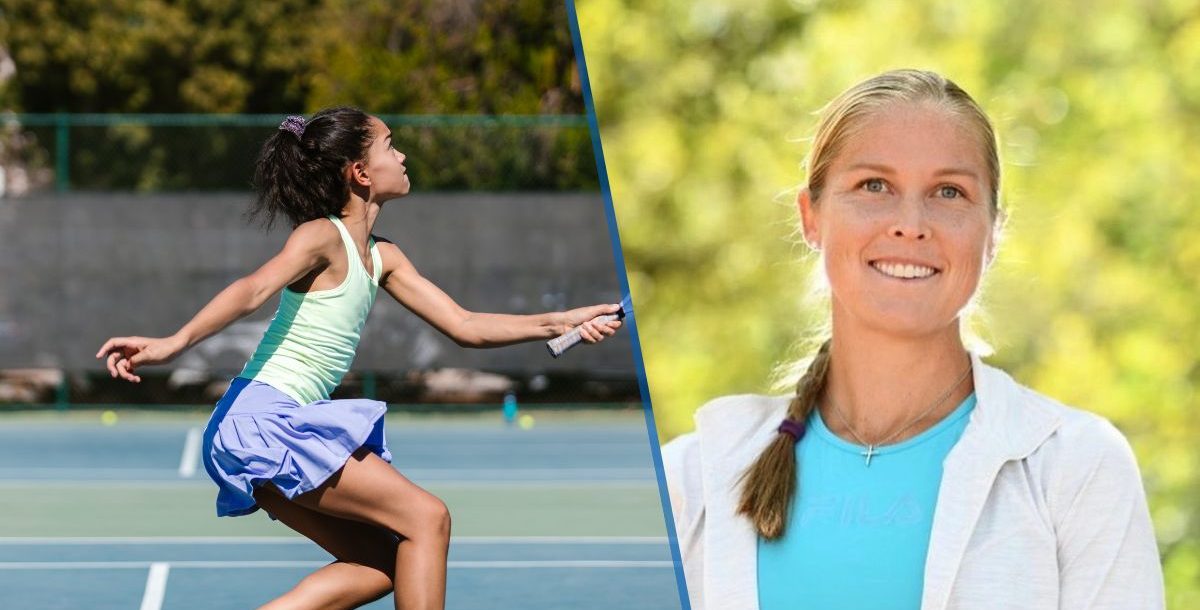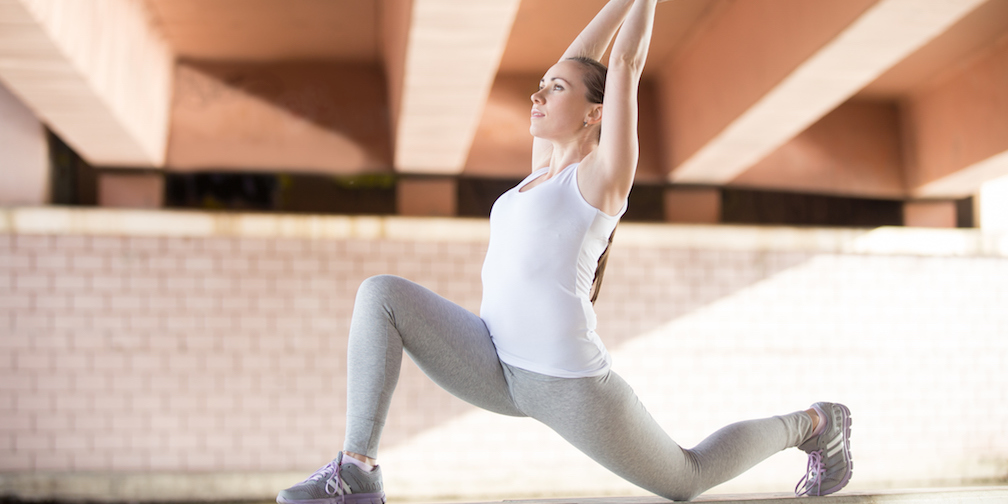The following is by Shelby Rogers, a former professional tennis player. Mercy Health is the official health care provider of the 2025 Cincinnati Open.
I started playing tennis when I was 4 years old, and by playing, I mean watching my sister during her lessons and hitting the balls I picked up. Little did I know then that tennis would become something I spent most of my life playing.
Tennis has been the biggest blessing and the most important teacher I’ve ever had. It has taught me more about my mind and body than I ever thought possible.
Playing as a professional
Playing tennis at an elite level isn’t just about mastering the skills. I had to learn about strength training, diet and nutrition, endurance, mental toughness, joint mobility and, as a bonus, I could now write up an injury rehab plan for just about any part of the body.
Tennis demands a lot physically, and at times, I had to learn this the hard way through injuries or losing matches because of variables I couldn’t control. Without a proper training regimen and diet, my body could not do what I asked of it. Over the years, I learned to be in tune with my body, listen to what it needs and prepare it to compete in any environment.
Putting in the work on and off the court
I grew up in Charleston, S.C., and as a kid, never personally knew anyone who had become a professional player. When I began to progress in my career, I quickly realized that fitness and nutrition were just as important as hitting that fuzzy yellow ball. I needed to be strong enough to get pace on my shots while also being able to stay on the court for multiple hours without losing that power. This also led me to start looking at food as fuel for my body.
Meal planning for performance
One of the toughest parts about a tennis schedule is planning your meals. We rarely knew the exact time we would play, so there was a lot of trial and error with food before and after matches. There’s nothing worse than eating too much before you play and feeling slow or heavy.
So I started asking questions. What would provide me with energy but not make me feel full? What tastes good on court and doesn’t make me sick? Which liquid is the best for hydration during a quick changeover on court? Which foods will help me recover enough to play again the next day? These combinations are different for each player but can be the key to winning or losing a match.
I found that for me, eating whole, balanced foods was best. I didn’t have any allergies, so a special diet wasn’t necessary, but understanding when to eat carbs, proteins and other nutrients was most important. I would have a combination of electrolytes and carbohydrates along with plenty of water on court to stay hydrated during the match.
Lessons in nutrition for sports and life
The lessons I have learned about nutrition from tennis are ones that will stick with me. I might not need as much fuel since I don’t compete anymore, but the foundation is the same.
Avoiding processed, sugary and unhealthy fatty foods is a great starting point if you want to feel your best and be consistent. Also, consider the timing of your meals if you feel something seems off. Digestion or lack of fuel could affect performance in meetings and presentations, just like a tennis match.
Lastly, remember that water and electrolytes are always staples in daily routines and essential to functioning. No matter what a healthy diet looks like for you, remember that your body knows best and to listen to what it is telling you.
Learn more at mercy.com.






